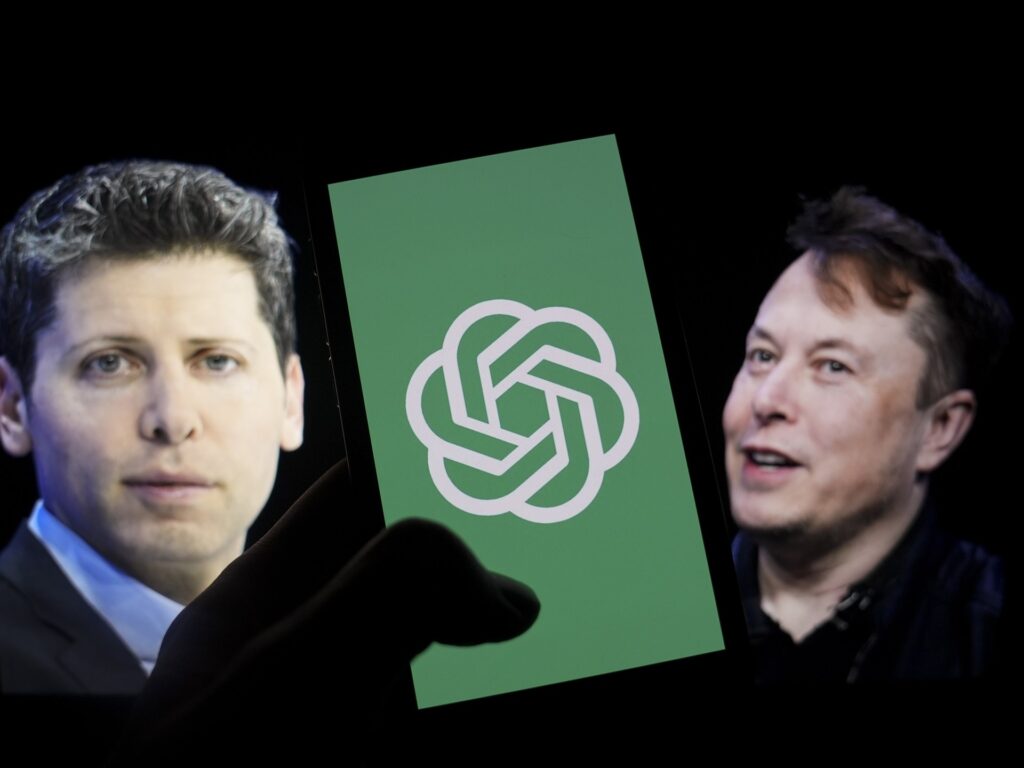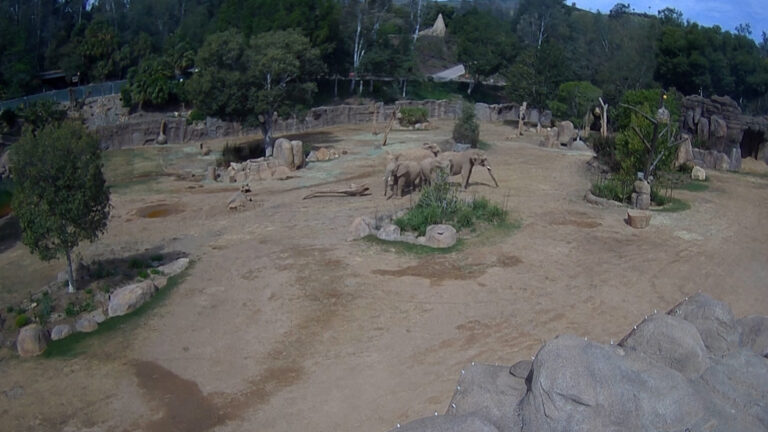
Elon Musk and Sam Altman are currently engaged in a highly publicized dispute centered around OpenAI, an organization co-founded by Musk himself. This conflict is rooted in their fundamentally differing visions for the future of artificial intelligence (AI) and how it should be governed as it continues to evolve.
Musk has voiced substantial concerns regarding the trajectory that OpenAI has taken under Altman’s leadership. He argues that the organization has deviated from its foundational mission, which was to ensure that artificial intelligence serves the best interests of all humanity. Musk fears that the current direction could lead to unchecked advancements in AI technology, which he believes poses significant risks not only to society but also to the very fabric of human existence. His apprehensions are fueled by the belief that without proper oversight and a commitment to ethical standards, AI could develop in ways that are harmful or uncontrollable.
In stark contrast, Altman defends OpenAI’s current strategies and initiatives, asserting that the organization’s approach to AI development is both necessary and beneficial. He emphasizes that rapid innovation is crucial in a field as dynamic as artificial intelligence, arguing that stagnation could lead to missed opportunities for positive impact. Altman advocates for a collaborative approach to tackling the challenges posed by AI, suggesting that working together with various stakeholders—including governments, businesses, and academic institutions—will yield better outcomes than imposing restrictive measures.
This public clash between Musk and Altman is emblematic of a broader discourse within the technology sector regarding the ethical implications associated with AI development. It raises critical questions about the responsibilities of those who create such powerful technologies. Should they prioritize innovation at all costs, or should they implement stringent governance and ethical considerations to safeguard the public? The debate highlights the ongoing struggle to find an equilibrium between fostering technological advancement and ensuring safety, especially as society becomes increasingly reliant on automated systems.
As this discussion unfolds, it reflects a growing awareness among tech leaders, policymakers, and the general public about the profound implications of AI on various aspects of life—ranging from economic structures to social interactions. The resolution of this dispute, and the paths taken by organizations like OpenAI, will likely have lasting repercussions on how artificial intelligence is perceived, governed, and integrated into our daily lives moving forward.



